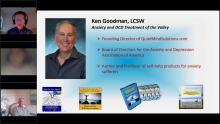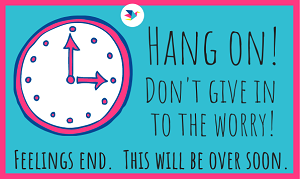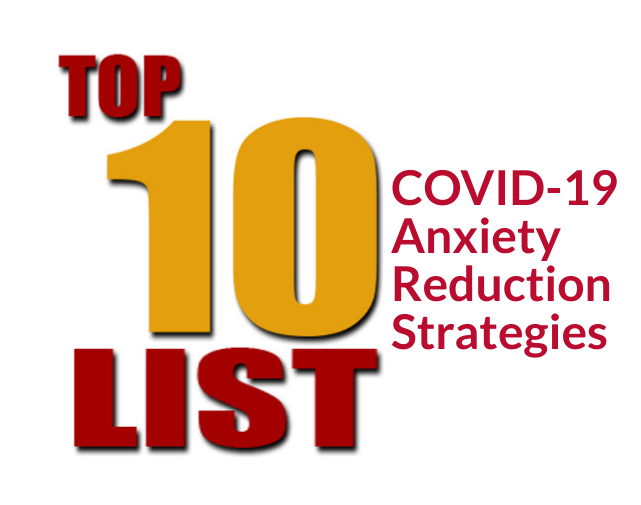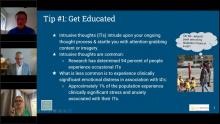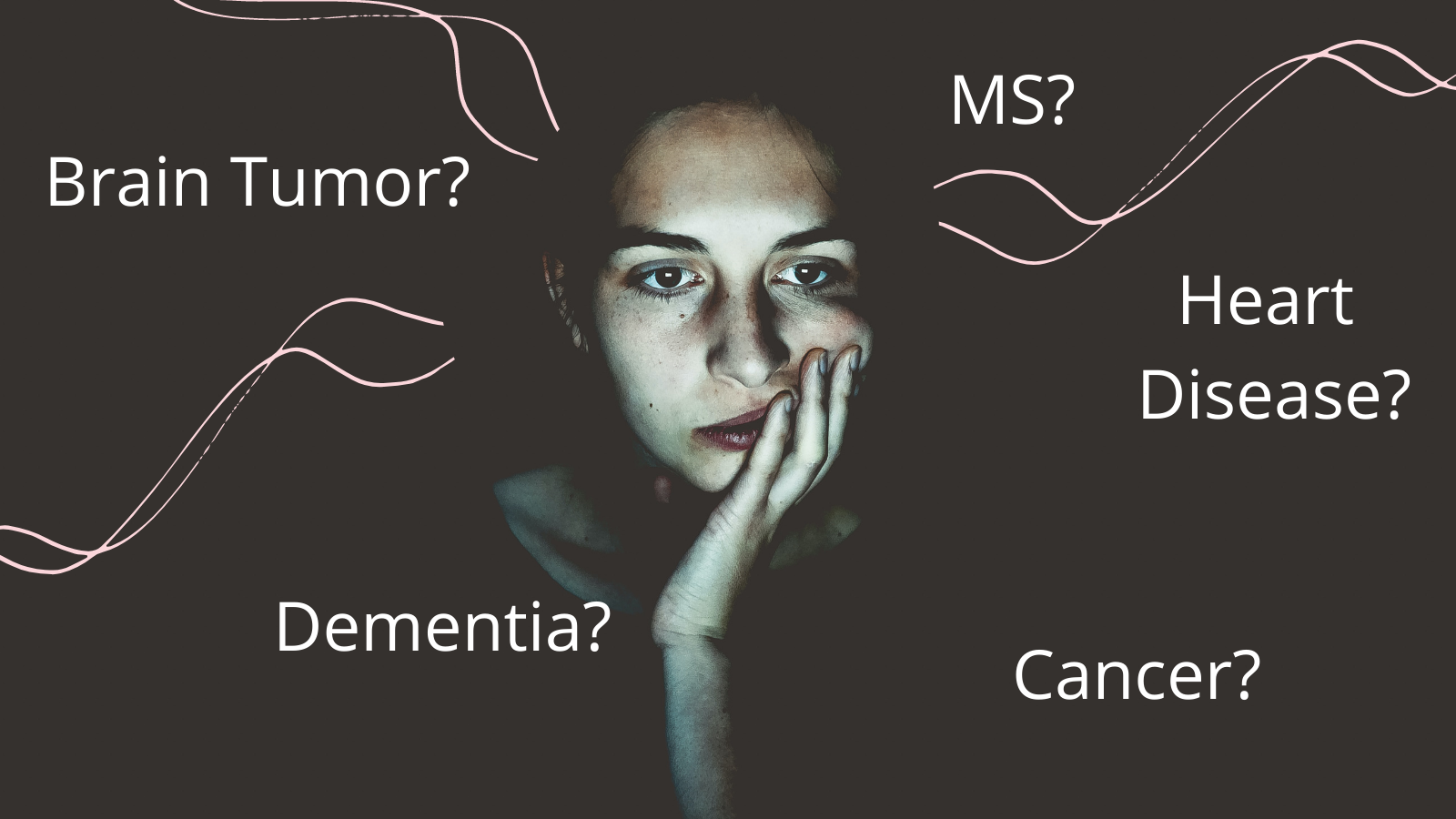
The illness you fear may not be the illness you have. Do you worry about cancer, heart attacks, or a brain aneurism? Do you regularly google your symptoms or reexam parts of your body that are concerning?
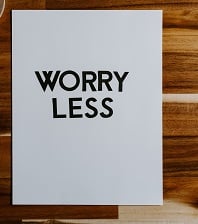
Worry is common. It becomes problematic when it is excessive, intrusive and constant. It's hard to turn off worry because it feels like problem solving. Learn how problem solving becomes a reinforcement loop and how to break that cycle.

Intrusive thoughts can create intense anxiety and lead to rumination for those who suffer from them. ADAA members Drs.



